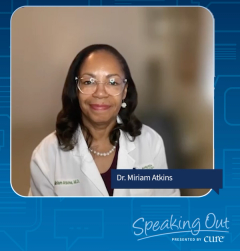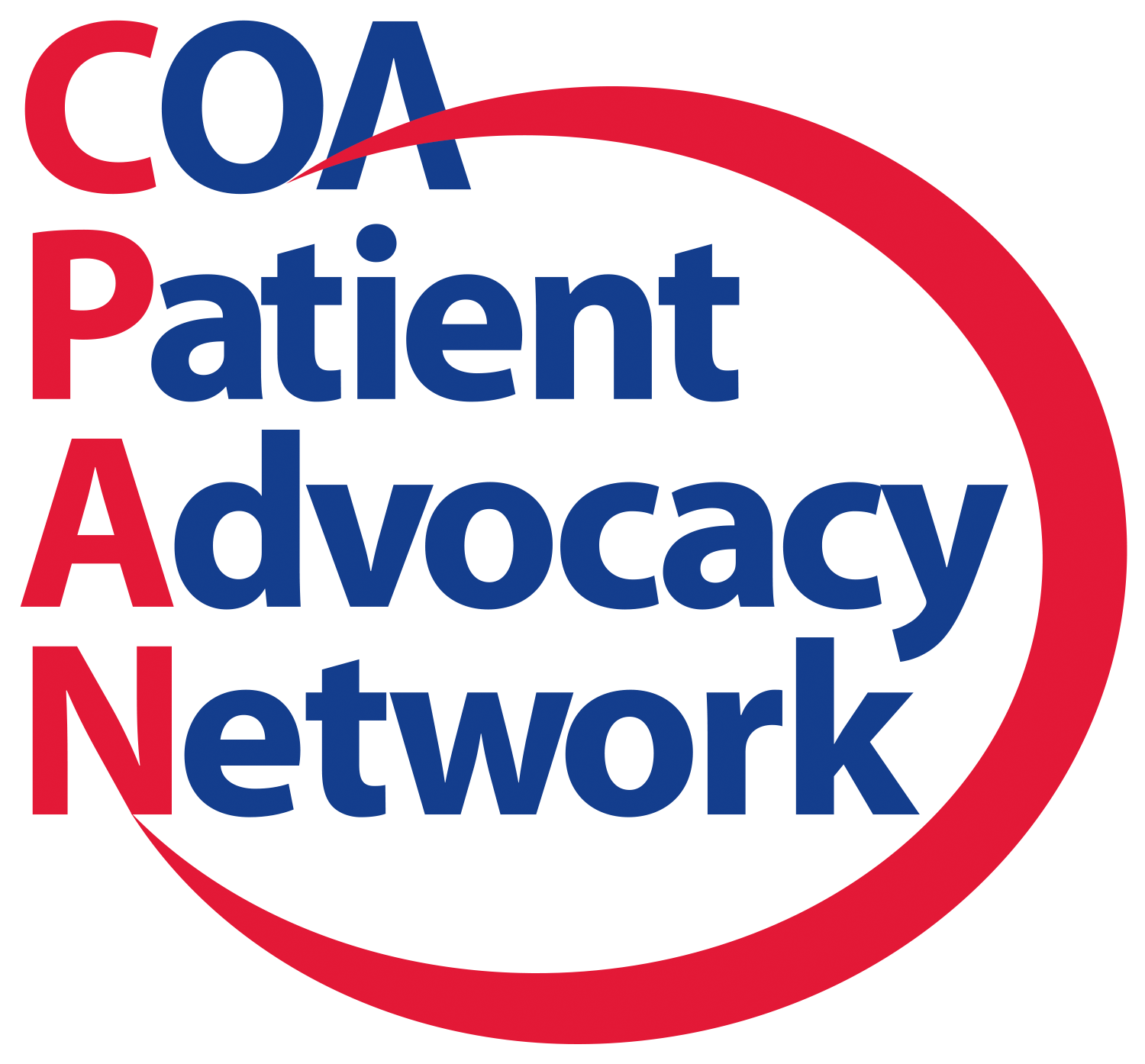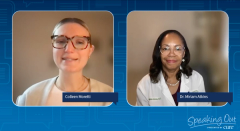
Oncologists Have Feelings Too: Navigating the Patient Physician Relationship

As a part of its “Speaking Out” video series, CURE® spoke with Dr. Miriam Atkins, on behalf of the Community Oncology Alliance, about how patients can better understand the emotions their oncologists may be going through during treatment.
Transcription:
Colleen Moretti: Emotions can play a heavy role in cancer care, and we talk a lot about the patients, but how does this impact their physician as well?
Dr. Miriam Atkins: That's a great question because many patients think: “Oh, that's just the doctor, they go to work, they're off on the weekends, they play golf, they go on vacation” — no oncology does not go away. When I leave that office at five o’clock, I still take all those patients home with me, especially the ones who are sick or not doing well because as a physician, I want my patients to live, I want them to survive, I want their cancer to go away. And when that doesn't happen, I feel bad about it, I feel terrible about it. And giving patients bad news never gets easy.
Say if I have a patient who I'm going to give the CAT scan results to on that day and I'll get the scan the day before I review the chart. If it's not good news, I will review the chart, see what else I can give the patient and rehearse the dialogue in my head probably 1000 times to let them know that the cancer may be worse, but we do have options and they're going to live — I don't want them to suffer. And I feel just as bad as they do. So, I think patients don't understand that we take this home with us. This medicine is not a nine to five job, the office may be open from nine to five, but I can pretty much guarantee every physician I know takes those things home with them. Probably more so in oncology because we have different relationships with patients. I think when someone has cancer, they will tell you things about themselves, their past, their family that they won’t tell any other doctor and I tell them I'm they're sworn to secrecy in my exam room, so it won't leave the room. But I've learned a lot about patients, and they learn a lot about me, and the patients help the doctor. I mean I tell patients all the time you may be learning from me, but I'm also learning from you.
Moretti: How can patients navigate their physicians’ feelings and emotions during care?
Atkins: Well really as a physician, I try not to put my emotions on the patient because the patient has enough to deal with they're dealing with this diagnosis, they're terrified. Even a patient who is say cured, it's always in the back of their mind: “Is this cancer coming back? When is it coming back? How am I going to live?” and they don't need to deal with my emotions on top of that. So I do my best — I'm friendly with them, I care about them and let them know but I try not to put my emotions on them.
Moretti: What know if physicians experience strong emotions in front of a patient? Can this be taken as a sign of unprofessionalism or more so a sign of empathy and how to patients navigate that?
Atkins: I think sometimes empathy. I will give you an example. A long time ago, I had a patient who was in the hospital and died suddenly and I went there to console the family and they ended up consoling me. And I told him I'm so sorry and my job to console you, not you all consoling me because I totally broke down. This only happened once but I try my best to you know, keep it together because I feel like if the doctor falls apart was the patient going to do. But that family basically said don't worry, we know you're human too, we know you care and it's okay to feel the way you feel because that lets us know that you feel the same way we do.
Moretti: How can a physician's emotions impact their relationship with the patient? Do you have any advice for patients who are trying to build that relationship while keeping the physicians’ feelings in mind as well?
Atkins: I think the only way I can think of how physician’s feelings may affect patient care is if you have a patient who has a stage four cancer and you're running out of treatments. It’s very hard to sometimes tell the patient it's time to go on hospice or It's time to stop — that's very hard, because we don't want them to feel like we're giving up on them. So as a physician, I have to pull it together and say I know that hospice care is a different level of care, it does not mean go home and die. And patients sometimes do better and live longer on hospice than if we continue with their chemotherapy. Chemotherapy is toxic, so sometimes it's best to stop the treatment and live your best life for whatever time you have than to keep getting the treatments and not feel good. And so I think sometimes when our own emotions may get in the way of that type of care for the patient, but we usually pull it together. We always do what's right for the patient.
This transcription has been edited for clarity.






